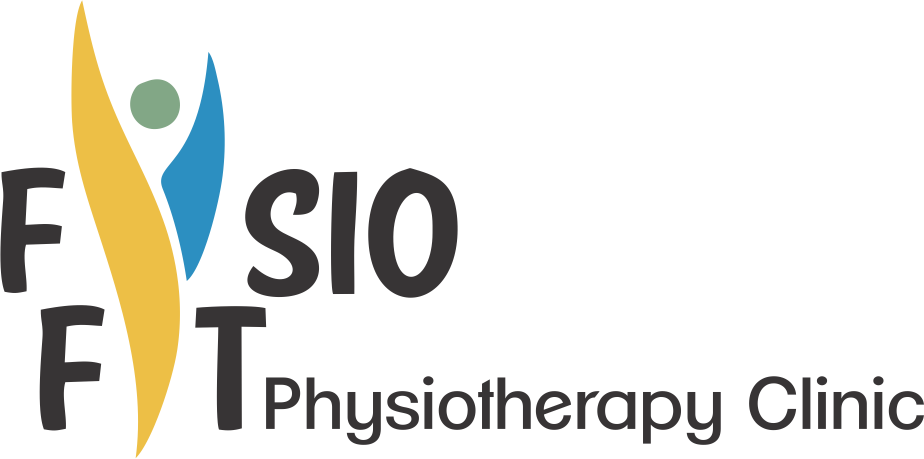
Did you know that dysmenorrhea i.e. extreme period pain interferes with the daily activities of 1 in every 5 women? according to the American Academy of Family Physicians? John Guillebaud, Professor of Reproductive Health at University College London, says that research shows period pain can at times be as “bad as having a heart attack.” Heart attack. Take a minute to think about that. “Men don’t get it and it hasn’t been given the centrality it should have. I do believe it’s something that should be taken care of, like anything else in medicine,” John added. And I couldn’t agree more.
During your period, the muscles of your womb contract and relax to help shed the built-up lining. Sometimes you’ll experience cramps, which are your muscles at work. Some women and girls may experience nausea, vomiting, headaches, or diarrhea as well.
Doctors aren’t sure why some women experience painful menstruation and others don’t. But some factors that are associated with more intense pain include:
- having heavy blood flow
- having your first child
- is under the age of 20 or just starting your period
- having an overproduction of or sensitivity to prostaglandins, a hormone that influences your womb
Here are some tips and remedies to lessen your menstrual
- Drink lots of water
Make sure you drink plenty of water on the days leading up to your period. Try carrying a water bottle around with you, and aim to fill it up several times a day. There’s no single recommendation for the amount of water to drink each day.
The amount varies from person to person and depends on the environment, personal health, and other factors. A good rule of thumb is to aim for a minimum of eight 8 ounce glasses of water a day. Many reusable water bottles hold 32 or 24 ounces. So depending on the size you use, you may only need to drink 2 to 3 bottles a day to get your 64 ounces.
- Avoiding certain foods during menstruation
it’s a good idea to avoid foods that cause bloating and water retention.
Some of the biggest culprits include:
- fatty foods
- Sugary soda drinks
- alcohol
- carbonated beverages
- caffeine
- Papaya
- Olive oil
- Pumpkin seeds
- salty foods
NOTE: The above-mentioned foods will decrease menstrual pain and keep you relaxed and comfortable. Instead, try adding ginger, mint tea, and hot water mixed with lemon and strawberries.
- Exercise to do during menstrual
The idea of exercise immediately before or during your period may not appeal to you. But exercise releases endorphins.
Research suggests exercise is effective at reducing menstrual pain to the extent it may also eliminate or reduce the need for pain-relief medication. Moderate activity such as walking can be beneficial during your period in place of more strenuous activity.
Yoga is a gentle exercise that also releases endorphins and helps prevent or reduce menstrual symptoms. In one 2011 study, researchers found three different yoga poses — Cobra, Cat, and Camile — significantly reduced intensity and duration of pain during menstruation for young women ages 18 to 22.
try doing some exercises, such as:
1.Light walking or other light cardio
Keep your cardiovascular or aerobic exercise at a lower intensity or back off on the amount you do. Consider light cardio, walking, or shorter bouts of aerobic exercise. There’s researchTrusted Source supporting the idea that your lungs work better later in your cycle, so consider keeping that type of training for the end of your period.
2. Low-volume strength training and power-based activities
Due to the potential for an increase in strength during this time, including low-volume strength training and power-based activities is a smart move. In fact, Matthews said this is a great time to do longer flow sessions that involve a mix of strictly strength work and cardio.
3.Yoga and Pilates
The two to three days leading up to your period is a great time to engage in activities like yoga, which can help relax your body and potentially reduce symptoms like cramping, breast tenderness, and muscular fatigue and soreness.
If you’re not experiencing any discomfort from your period, feel free to continue with your regular exercise routine. Just be mindful of the adjustments your body makes during this time. If you find that your body isn’t performing like it usually does, give yourself a break and ease up on the intensity.
- Exercises to avoid on your period
Just like certain activities may be more appropriate to participate in during your period, there are also some exercises you may want to avoid. That said, many women will be able to continue with their normal exercise routine with just some minor adjustments.
In general, Marcello said you should reduce training stress and volume during this time. “This doesn’t mean to stop training — to the contrary, this just means to cut back a little bit,” he explained.
If you’re feeling unusually tired, you may want to cut back on intense cardiovascular or endurance-type training. “During this time many women report experiencing an increase in rate of perceived exertion, so exercises that’re moderately difficult feel much more difficult during this time,” explained Marcello. He said it’s also ideal to eliminate skill and precision training during these few days.
- Massage Pain Relief
Gentle massage for about 20 minutes will ease period pain and keep your body relaxed. Easing down body strain is what this natural remedy intends to provide you with. You could consider requesting your loved one to do it for you as it could make you feel more comfortable and relaxed.
What Should I do?
Here is how you get period pain relief massage done.
Step 1: Gently use both hands to add pressure on the abdomen.
Step 2: Add pressure on the back
Step 3: Add pressure and on feet and lower abdomen.
NOTE: Massage using sesame oil for better results.
- Get Good Sleep
Clean sleeping or undisturbed sleep can reduce period pain. Good sleep cures everything, relaxes your body muscles, and keeps your mind strong. Consider getting undisturbed sleep for a minimum of 8 hours and this will do you good.
NOTE: Clean sleeping refers to undisturbed sleep. Not even your phone’s alarm should wake you up. Consider doing this for the first 3 days of bleeding.
- Herbs to Your Rescue
Make sure you add natural herbs to your regular diet during bleeding. Here is a list of herbs that act as natural period pain relief entities.
Herbs to Add
These herbs contain strong anti-inflammatory and antispasmodic substances that can relieve you from menstrual cramps.
- Fennel seeds
- Chamomile tea
- Cinnamon
- Ginger
- Heat Pads
Placing a hot water bag or a heating pad against your abdomen helps in relieving the cramps by relaxing the muscles. The heat helps the uterine muscles, which eases the discomfort and cramping.
- Try dietary supplements.
A number of studies have indicated that vitamin E, omega-3 fatty acids, vitamin B-1 (thiamin), vitamin B-6 and magnesium supplements might reduce menstrual cramps.
- Reduce stress.
Psychological stress might increase your risk of menstrual cramps and their severity.
